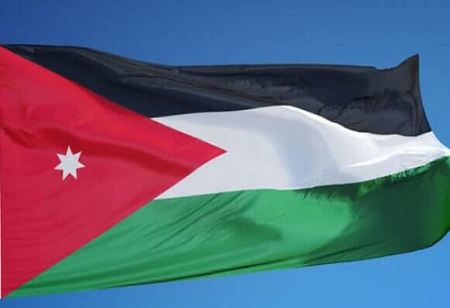
Egypt, Jordan Collaborate To Optimize Natural Gas Infrastructure

 A cooperative deal between Egypt and Jordan enables the North African country to utilise the floating storage regasification facility at the Sheikh Sabah port in Aqaba. As the link between LNG carriers and the regional gas supply infrastructure, FSRU terminals are essential components of the value chain for liquefied natural gas.
A cooperative deal between Egypt and Jordan enables the North African country to utilise the floating storage regasification facility at the Sheikh Sabah port in Aqaba. As the link between LNG carriers and the regional gas supply infrastructure, FSRU terminals are essential components of the value chain for liquefied natural gas.
According to the agreement, Jordan would receive LNG from Egypt and, if necessary, pump some of the natural gas back through cross-border pipelines to the African nation.
The agreement, according to Egypt's Ministry of Petroleum and Mineral Resources, aims to secure gas supplies for both nations and lower operational costs associated with LNG storage and regasification.
Additionally, the infrastructure that extends to Jordan will be used by the Egyptian company EGAS and the Jordanian-Egyptian business Fajr to work together to sell natural gas to the Jordanian industrial sector.
The collaboration is intended to lower Jordan's electrical system's operating costs and increase the security of the two nations' energy supplies.
Saleh Kharabsheh, the minister of energy and mineral resources for Jordan, and Tarek El-Molla, the minister of petroleum and mineral resources for Egypt, both signed the deal.
Egypt switched from being a gas importer to an exporter in late 2019 as a result of the several wells that were found, which fundamentally changed the nation's gas supply.
Egypt presently produces between 6.5 billion and 7 billion cubic feet of natural gas per day on average.
The nation has big goals for this year, when its petroleum exports are expected to rise by 15% and total $21 billion. According to insiders, the administration aims to create an annual oil balance surplus of $3 billion.
Egypt produced 50 million tonnes of natural gas in 2022, a considerable increase of almost 14% over 2021.

